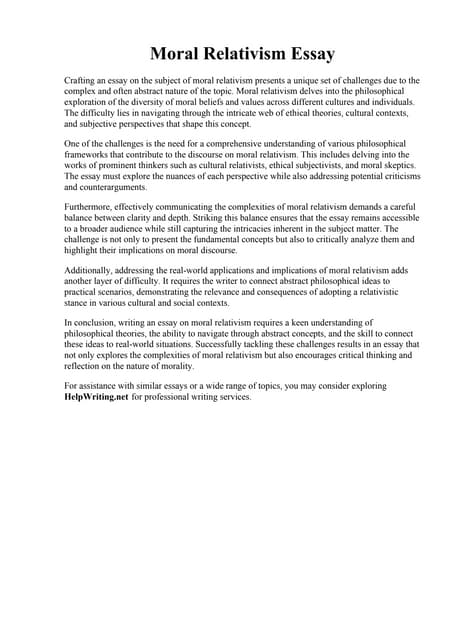The Huffington Post published an interesting piece by Dr. Robert Klitzman, a medical doctor. The article, with the provocative title, “Am I My Genes? The Question of Fate, Free Will and Genetics” considers the implications of human genetic analysis on our views disease and death. If we know in advance what diseases we’re likely to get or pass to our kids, how will that change the way we think about life and reproduction? He writes, “In a few years, most, if not all of us will have our full genomes mapped, whether we like it or not. We will learn what mutations we each have, and what diseases we may get. . . . the fact that these tests provide information about one’s future – even if just partially –prompts searches to understand what exactly this predictiveness means, and how to interpret it and incorporate it into one’s life.”
We posted our latest podcast: an interview with Drs. Jeffrey Schloss and Michael Murray. In this podcast, Murray and Schloss discuss whether evolutionary theory (which they take to be largely a correct view of biological development), undermines religious belief. They talk about recent work that attempt to construct evolutionary explanations of religious belief and practice and talk about why they don’t believe such explanations have a negative effect on either truth or value of religious belief.
A nice infographic of common informal fallacies. The image breaks fallacies down into six, color-coded categories and includes an image for each fallacy, the name of the fallacy, its description, and an example. Very nicely done. (There’s a link at the bottom where the authors attempt to apply the fallacies they define to an argument against same-sex marriage by Cardinal O’Brien. While many of the Cardinal’s claims are more rhetorical in nature than they are propositional, the authors violate another logical principle in applying the fallacies to his claims: the principle of charity. This principle states that a person’s claim should be taken in the best possible light and then analyzed for truth value. I don’t think the authors do this. In many cases, they assume the worst possible interpretation of a given claim and then call it a fallacy. This is a good example of using fallacies as a rhetorical rejoinder instead of attempting to determine whether the best possible reading can yield a good argument. Frankly, the same kind of analysis can be done for many arguments for same-sex marriage (see this “argument” for example) if the claims in those arguments are taken in the worst possible light.)
Dr. Peter Boghossian published his March 2012 newsletter. You can download that here. The newsletter includes information about recent publications, speaking dates, and upcoming events. You can subscribe to receive the newsletter at peterboghossian.com. Peter also made the cover of The Portland Mercury this week (and a plug from Richard Dawkins).
More Peter Boghossian: Alan Litchfield for The Malcontent’s Gambit talks about Peter’s work and has some nice things to say about Philosophy News.
Quote of the week: “Here is the crux of the matter, and I come back to the case of the learned theologian… For whose sake is it that proof is sought? Faith does not need it; aye, it must even regard that proof is its enemy. But when faith begins to feel itself embarrassed and ashamed, like a woman for whom her love is no longer sufficient, but who secretly feels ashamed of her lover and must therefore have it established that there is something remarkable about him – when faith thus begins to lose its passion, when faith begins to cease to be faith, then a proof becomes necessary so as to command respect from the side of unbelief. And as for the rhetorical stupidities that have been perpetuated by clergymen in connection with this matter, through a confusion of the categories – alas, let us not speak of them.” Soren Kierkegaard, Concluding Unscientific Postscript
Cool wind map of the United States. Not philosophical but cool enough that I wanted to share it. (Thanks to Matthew Snider for the pointer.)








